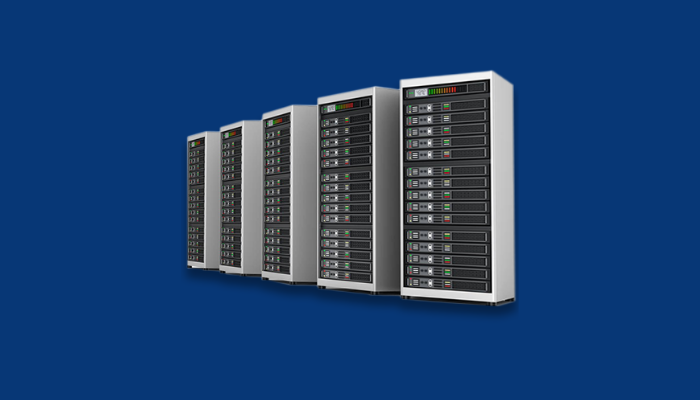The world is quickly turning into a technology-based society. Every business needs to maintain its online presence in order to withstand the fierce competition; for this, you need the best server. You must consider a number of factors while selecting a dedicated server that would be appropriate.
There numerous advantages to hosting on a dedicated server, but the most significant advantage is that this web hosting platform is entirely dedicated to one account. A purchase decision for future corporate investment is a dedicated server.
How do you choose the best server configuration? Let’s discuss this topic in more detail!
What Is A dedicated server?
A remote server that is totally dedicated to your website, application or business is known as a dedicated server. You not required to share any resources with any other “guest” when using a dedicated server. As an internal server, the dedicated server performs its responsibilities.
However, your hosting provider is in charge of managing and running it. The server resources are entirely in your control to set any way you like as a user. High-traffic websites, services, or applications can be hosted on this kind of server, which can also be used to store data.
Why Choose A Dedicated Server?
The “separate hosting environment” is the main advantage of having a dedicated server. Through benefits over other hosting platforms, this type of server empowers you
If you own an online store with sensitive customer data, the security of your business is a top priority. Dedicated servers offer better security than shared servers, which are more vulnerable to hacking and online threats.
A faster page load time might be advantageous for your application, whereas a slow page load time is negative. Even during traffic highs, your page loading speed improves with a dedicated server.
The dedicated server set up however you like by selecting the OS, storage size, and type.
- Define Performance Requirements
Every business has different server performance needs. How many users are you expecting? What services do you wish to offer using your server? You can determine how many servers you’ll need and what kind of hardware to utilize by defining these figures. Will your services require lots of CPU, memory, or disc space?
This will help you understand the required hardware. Your server performance will be significantly impacted by your choice of the blend.
- Consider Potential Downtime
What would occur to your firm if your hosting infrastructure failed? The fact that you are not sharing resources with anyone else is one of the greatest benefits of a dedicated server.
One server is always a point of failure, which is a drawback. You must decide how much potential downtime you are willing to risk if you do not have the option of scaling to numerous dedicated servers (when potential downtime would be avoided).
- Anticipate Bandwidth Usage
Obviously, the bandwidth requirements are related to how regular the data stream is. If you anticipate using a lot of bandwidth with little predictability, you can choose a dedicated server package that includes a lot of data traffic (or even unmetered billing).
This is a quick and simple approach to estimating your costs for hosting your dedicated server.
- Test Network Quality
The physical location of your dedicated servers and the quality of your hosting company’s network both affect network performance. Your end consumers directly impacted by the physical location of your dedicated servers; for example, if they are in the APAC region, hosting in Europe might not be the best option because of the slower data delivery.
The network quality of the hosting provider is another element in data delivery. Check the Network Operation Center (NOC) page of your potential provider and test the network to discover more about network quality. Most hosting companies are offering this as a choice.
- Consider Application Scalability
How flexible is your application? Is it simple to install multiple servers, and will doing so increase the number of clients you can support?
It can be difficult to scale some apps over several devices. It might be difficult to ensure that a database is running across several servers because it needs to be synced. Moving the database to a server with larger RAM, computing power, and faster storage may be easier.
It can also be a good idea to switch to a cloud environment. By swiftly cloning a server to take on a part of the load and attaching it to the load balancer, you may evenly distribute the workload between many servers.
- Choose a Hosting Provider
The perfect hosting company serves as a knowledge partner for the duration of the complete decision-making process. They engage their engineers and subject matter specialists to assist with your inquiries, and they have a loyal customer who, if contacted, should be more than ready to provide recommendations.
The hosting provider should use their knowledge and skills, showing devotion and dedication by treating your company as if it were their own.
However, choosing a dedicated server doesn’t have to be a long procedure with various factors to take into account. Define your company’s goals, then work with a dependable service provider to identify the best solution and position your business for long-term growth and success.
For more information visit here Managed Dedicated Server Hosting webpage.


